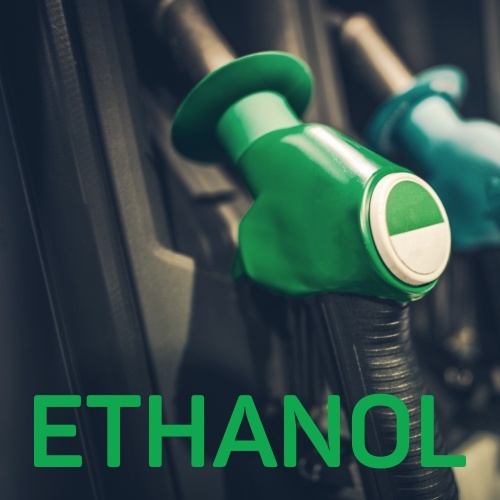New Delhi [India], May 9 (ANI): Blending of liquid petroleum gas with compressed biogas made from urban waste, use of Methanol and Ethanol as cooking fuel, and electric or solar-based cooking are some of the policy recommendations by the ‘Energy Transition Advisory Committee’ under Ministry of Petroleum and Natural Gas.
The report titled ‘The Green Shift’ recommended use of Methanol and Ethanol as cooking and added they must be popularized by introducing user-friendly products.
The report was compiled by the Energy Transition Advisory Committee (ETAC), formed under the direction of the Ministry of Petroleum and Natural Gas to draw an energy transition pathway. The report focuses on increasing the adoption of clean energy solutions in the energy mix of the country. The Committee was constituted under the leadership of Tarun Kapoor, ex-Secretary, in the petroleum ministry.
For Electric or solar cooking needs, the report said the target should be to have 25 per cent of households using electricity for cooking by 2030.
The policy document also recommended incentivizing green hydrogen usage for all future projects.
It also recommended various measures for reduction in carbon footprint in surface transport.
“Standardization of EV two-wheeler is required to ensure the build-up of charging and promote battery swapping. >> EVs may be promoted as the optimal solution in preparing for phasing out,” it said.
Diesel-driven 4-wheelers, it recommended, may be eliminated as soon as possible — diesel-powered four-wheelers in all Million Plus cities and all towns with high pollution has to be enforced in five years, i.e. by 2027.
It recommended a complete ban on internal combustion engine two or three-wheel vehicles by 2035.
“In the intermediate period, policy support for ethanol-blended fuel with an increasing blend ratio needs to be given.”
Vehicles with flex-fuel capabilities and hybrids may be promoted in the short and medium terms, it said, adding “This can be done through application of fiscal tools like taxation.”
For city buses, it said no diesel city buses addition be allowed in urban areas, to drive towards transition towards clean fuel urban public transport in about 10 years.
“Requisite support for creating an ecosystem for EV-based mobility has to be promoted through a policy and financial support system.”
Railway share of cargo, presently at 23 per cent, may be targeted to increase above 50 per cent.
At the COP26 summit in Glasgow in late 2021, Prime Minister Narendra Modi committed to an ambitious five-part “Panchamrit” pledge, including reaching 500 GW of non-fossil electricity capacity generate half of all energy requirements from renewables, to reduce emissions by 1 billion tons by 2030.
India also aims to reduce the emissions intensity of GDP by 45 per cent. Finally, India commits to net-zero emissions by 2070.
Walking the talk, India had banned the use of several single-use plastics starting July 2022.
The adverse impacts of littered single-use plastic items plastic on both terrestrial and aquatic ecosystems, including in marine environments are globally recognized. Addressing pollution due to single-use plastic items has become an important environmental challenge confronting all countries.
India has been consistently raising matters related to climate finance for the developing world where per capita emissions are comparatively quite low against the developed world in order to address carbon mitigation.
India is also having discussions related to climate finance, particularly for developing countries, and clarity on its definition. Climate finance typically refers to any financing that seeks to support mitigation and adaptation actions that will address climate change. (ANI)












